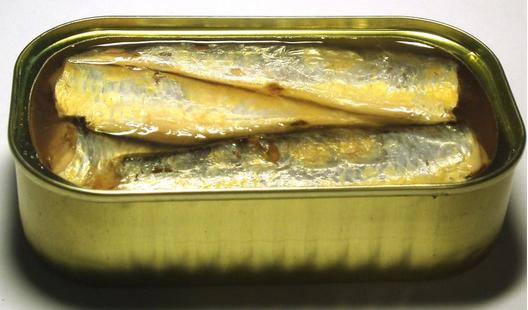Foods in the Fight Against Osteoporosis

Approximately 200 million people across the world live with osteoporosis. However, osteoporosis is preventable through lifestyle changes, of which diet plays a significant role. Whilst there is no doubt that consumption of dairy foods is important for adequate calcium to maintain bone strength, a range of other foods and nutrients are essential for optimum bone health.Vitamin D is needed by the body to absorb calcium. Whilst Vitamin D is largely produced by the action of sunlight on the skin, deficiency is more common now due to overuse of sunscreen and us generally spending less time outdoors. Few dietary sources of Vitamin D are available, so concentrate on eating fortified breakfast cereals, oily fish and eggs to top up your levels.
Plant based foods are a useful source of bone friendly nutrients. Fruit and vegetables are rich in potassium, which stops the body excreting too much calcium, and green vegetables are rich in Vitamin K, essential for bone formation; try to have at least five portions of fruit and vegetables each day. Nuts and pulses, such as peas, beans and lentils, are good sources of calcium for anyone who chooses not to or is unable to eat dairy produce – they can be used to replace meat in dishes or be added to salads. Seeds are rich in essential fatty acids and copper, both of which are thought to play a role in bone health; sprinkle seeds over cereal or yoghurts. Soya is also emerging as a food beneficial for our bones – countries with a high soya intake, have a lower incidence of osteoporosis – which might be related to its phytoestrogen content. Try soya-based dairy alternatives, use soya mince to replace that in chilli, Bolognese or lasagne, or use marinated tofu in stir-fries.
As this shows, foods from all foods groups – carbohydrate, protein, dairy, fruit and vegetables – are all important in the fight against osteoporosis, so the key is to follow a balanced diet.
Shortlink:

Recent Comments